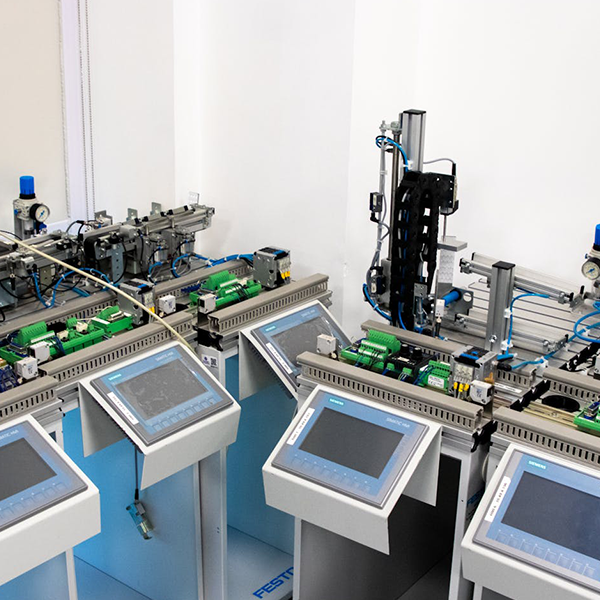Fabiola M. Martinez Licona
In the rapidly evolving healthcare landscape, innovation is crucial in improving patient outcomes, enhancing efficiency, and driving cost-effectiveness. Clinical engineering is at the heart of this innovation, a multidisciplinary field that bridges the gap between medicine and engineering to optimize medical technology and equipment use in healthcare settings.
Clinical engineers are essential healthcare team members. They leverage their expertise in engineering principles and medical technology to design, develop, implement, and maintain medical devices and systems. Their role encompasses a wide range of responsibilities, from ensuring the safety and effectiveness of medical equipment to optimizing workflows and processes within healthcare facilities.
One key contribution of clinical engineering to healthcare innovation is medical device development. Clinical engineers work closely with healthcare providers, researchers, and industry partners to design and prototype new medical devices that address unmet clinical needs and improve patient care. From wearable health monitoring devices to advanced imaging systems, these innovations have the potential to revolutionize healthcare delivery and enhance patient outcomes.
Furthermore, clinical engineers play a critical role in adopting and integrating emerging healthcare technologies. With advancements in artificial intelligence, robotics, and telemedicine, clinical engineers are at the forefront of evaluating, implementing, and optimizing these technologies to enhance patient care and streamline clinical workflows. By harnessing the power of technology, clinical engineering enables healthcare providers to deliver more personalized, efficient, and accessible patient care.
Beyond medical device development and technology integration, clinical engineering also plays a vital role in ensuring the safety and reliability of medical equipment. Clinical engineers conduct rigorous testing and quality assurance processes to ensure that medical devices meet regulatory standards and perform as intended. They also provide ongoing maintenance and support to ensure that medical equipment remains operational and practical, minimizing downtime and optimizing resource utilization within healthcare facilities.
In addition to their technical expertise, clinical engineers possess strong analytical and problem-solving skills that enable them to identify opportunities for improvement within healthcare systems. By analyzing data, identifying inefficiencies, and implementing process improvements, clinical engineers contribute to healthcare delivery’s overall efficiency and effectiveness.
In conclusion, clinical engineering plays a pivotal role in driving healthcare innovation by designing and developing new medical devices, integrating emerging technologies, ensuring the safety and reliability of medical equipment, and optimizing clinical workflows. As healthcare continues to evolve, the role of clinical engineering will only become more critical in shaping the future of patient care.
Image credits: Ludovic Delot

